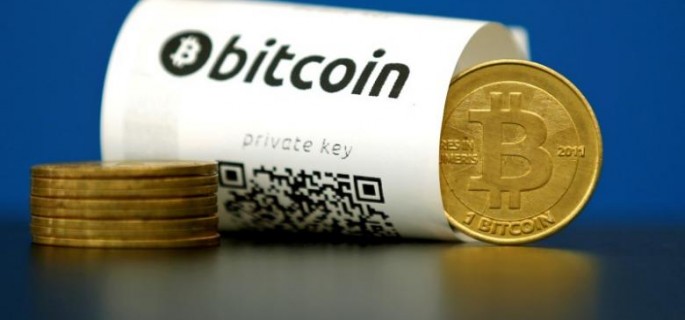Virtual currency as a payment method in Japan officialy from April 1

Virtual money poses accounting dilemma for Japan’s early adopters
Asset or expense? The bottom line depends on the answer
A new law defining virtual currency as a payment method goes into effect in Japan this Saturday, but in the absence of specific accounting rules for innovations like bitcoin, companies are feeling their way forward.
The Accounting Standards Board of Japan decided Tuesday to begin consideration, expected to take six months, of a framework for treatment of virtual currency.
Domestic circulation of bitcoin, Ripple, Litecoin and other virtual currencies amounted to 185 billion yen ($1.67 billion) in fiscal 2015 and is projected to reach 1 trillion yen in fiscal 2020, a study by the Fuji Chimera Research Institute shows. The rapidly expanding market for mobile payments is expected to reach 8 billion yen.
Under current Japanese accounting rules, holders of virtual currency can justifiably treat it as inventory on their balance sheets, while issuers can mark it down as a liability. But accounting standards do not specifically address digital currencies, leaving companies without guidance. Many simply leave such currency holdings off their books. Right now, there is no settled method of accounting for their use or changes in their value.
“There is a risk that companies that hold virtual currency could turn out to have distorted valuations or that huge losses surface suddenly.” said Chikako Suzuki, partner at PricewaterhouseCoopers Aarata.
Reward point programs offered by airline companies and electronics retailers can provide a model for treatment of digital currencies. Under domestic accounting standards, many point issuers make provisions against future redemptions. These provisions are an expense that depresses operating profit.
Caica, a Jasdaq-listed information systems developer expanding into fintech, started issuing virtual coins as a shareholder perk to some 18,000 investors this year. An investor is entitled to 100 coins for each 100 shares owned, and each coin trades for between 1 yen and 1.5 yen online. Although not as widely accepted as bitcoin — the world’s leading virtual currency in terms of outstanding value — Caica coins can be used to obtain financial analyst reports published by group company Fisco, among other items.
So what would happen if Caica applied accounting rules for reward points to its coins? First of all, the more than 300 million coins issued would have a market value of around 300 million yen. If 50 million yen worth of coins were used in a year, Caica’s expenses could increase by that amount. That would significantly impact Caica’s operating profit, which is forecast to rise 91% to 454 million yen in the fiscal year ending October 2017.
Online brokerage Kabu.com Securities, which issues the Ooiri virtual currency as a reward for workers that reduce their overtime hours, plans to book those tokens as a benefits cost.
Under International Financial Reporting Standards, reward points result in some revenue being deferred, to be recognized when they are redeemed, and their entire value is booked as a liability. These rules greatly impact groups that lavish rewards on customers. Online retailer Rakuten’s net profit fell last fiscal year owing to the cost of a promotional campaign that offered up to seven times the usual point rewards.
Source: NIKKEI Asian Review





























